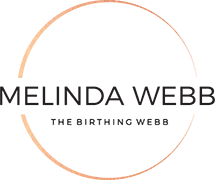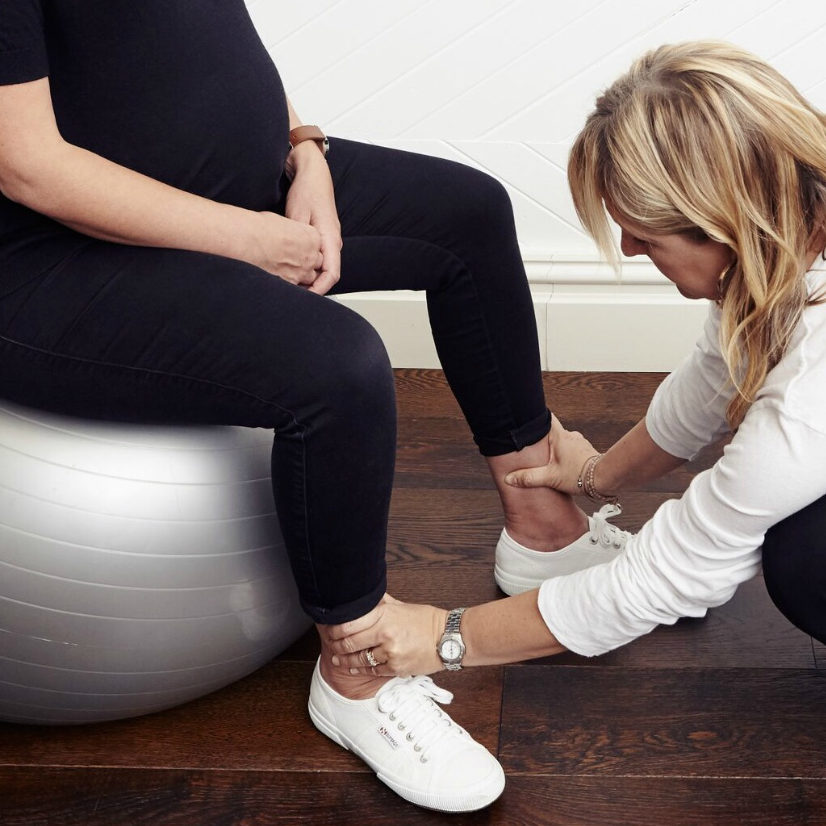Touch itself communicates that we have respect.
It’s a simple gesture to show support to another and touching a person in a therapeutic manner, holding an acupressure point, enhances the effectiveness of labour and birth. As a Dr Chinese medicine and Doula, I consistently use acupressure throughout labour and birth as a tool for teaching both the birthing partner or support team to use them too.
The hands-on care provided through the use of acupressure is done with simple touch applied with pressure to an acupressure point on the body. When I first started using acupressure in labour, I was unsure it would be as effective as the acupuncture I would administer within the clinic. I soon discovered that it was an effective tool for labour, due to the response from the birthing mum. Even though simply using your fingers to feel and search for acupressure points on the body, provides comfort and is a simple method of healing and working with the body to bring change, with no physical or psychological harm of any kind to mother or baby.
Touch signals to the brain that something is good, or not so good.
When someone reaches out with a kind gesture touching your arm, your brain receives a signal that this is ok stimulating the parasympathetic system, our feel-good system and oxytocin, the love hormone, can flow. Similar to the feeling that you receive from a cuddle. This oxytocin is a hormone used by your body throughout labour and birth, to facilitate dilation by causing the uterus to contract. On the other hand, if someone were to reach out and pinch your skin, or grab your arm, it makes you feel uneasy. This can cause your brain to signal this is not ok and the sympathetic nervous system kicks in raising your adrenaline and putting your system into fight or flight. blood flows to your arms and legs, your heart beats faster, your pupils dilate and your brain has signaled its time to either flee the situation or fight. This adrenaline in labour can slow or stop labour.
When you apply gentle therapeutic pressure to the body in labour such as acupressure,
the brain signals the parasympathetic nervous system allowing your mind to clear, releasing oxytocin and enhancing and strengthening your labour. The shin point is a wonderful point for this when used throughout first and second stage labour. It aids in increasing the intensity of surges while providing comfort, bringing labour into a rhythm and moving baby down.
A study (study link) recently supported this showing that the Shin Point (SP6) is effective in providing pain relief and shortens the duration of labour.
At one birth, I recall applying pressure to the Shin Point to encourage surges to increase. As I bent down, crouched with both thumbs pressed firmly on the inside ankle at the Shin Point, I was instructed to press with more intensity, as mum could feel a change in her surges and a warmth was felt in her abdomen and thighs. The pressure had picked up with her contractions.
Therefore, I have found that acupressure is a wonderful and invaluable tool for labour and birth and I encourage all pregnant women, their support team to learn acupressure techniques to improve the quality of care and comfort in labour. You can do this by attending a Calmbirth® Program and seeing an acupuncturist throughout your pregnancy who specialises in women’s health.
If you would like more information, tips or tools on acupressure, Melinda Webb Can be contacted at hello@melindawebb.com.au








